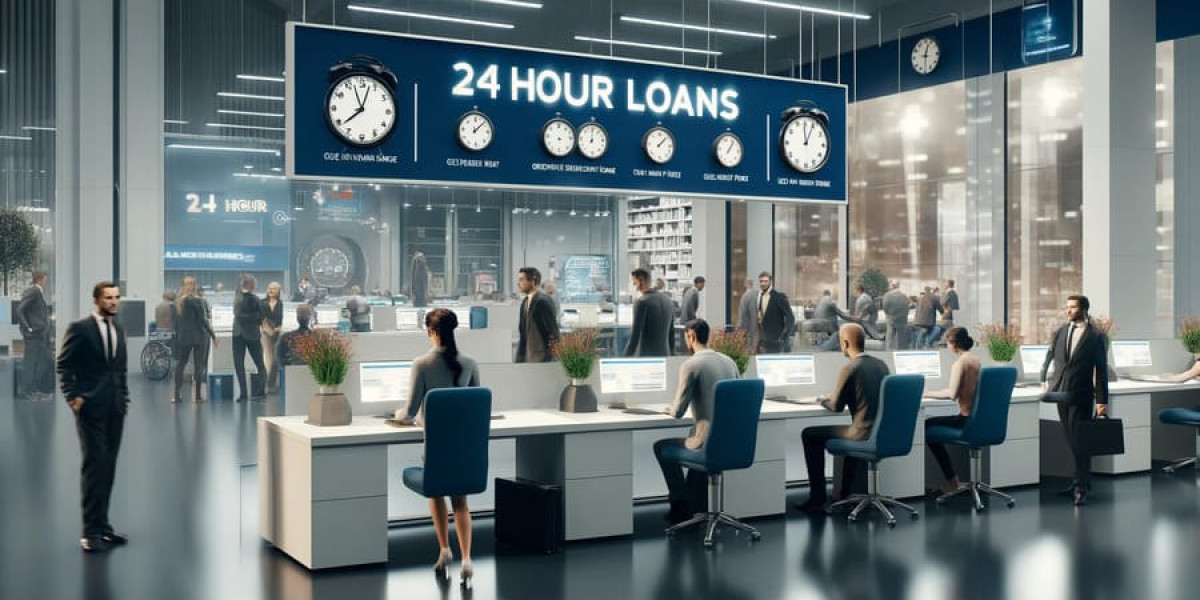CCTV Surveillance and Its Role in Modern Security Systems
Keeping businesses safe requires more than locks and alarms. CCTV surveillance has become the backbone of modern security — helping companies prevent incidents, gather evidence, and maintain safer environments. Whether in retail, healthcare, or construction, reliable surveillance gives owners and managers the visibility they need to protect people, property, and assets.
This article breaks down what CCTV surveillance means, how it works, and why businesses across industries rely on it to strengthen daily operations and ensure safety.
Understanding CCTV Surveillance
CCTV surveillance refers to the use of video cameras and monitoring systems to observe and record activity in a given area. It allows businesses to maintain real-time visibility while storing footage for future review. Unlike traditional guards or periodic patrols, CCTV systems provide continuous oversight — on-site or remotely.
Surveillance systems usually include cameras, monitoring software, and secure storage solutions. Some setups are actively watched by operators, while others use motion alerts to trigger responses. In both cases, the goal remains the same: reduce risks and create accountability.
For more details on system setup and monitoring structures, visit GCCTVMS’s complete CCTV monitoring guide.
Core Components of a CCTV Surveillance System
Effective surveillance depends on several connected parts that work together to monitor, capture, and manage footage.
1. Cameras:
High-definition cameras capture activity across key points — entrances, storage areas, or workspaces. Placement is crucial for complete coverage.
2. Monitoring Systems:
Operators or remote teams observe live feeds through control rooms or cloud-based platforms.
3. Data Storage:
Footage is securely stored on local drives or cloud servers for later access or investigations.
4. Integration:
Systems often connect with alarms, sensors, or access control to enhance detection and response.
For a closer look at integrated business solutions, see the 24x7 Guide to CCTV Monitoring for Business Security.
Why Businesses Rely on CCTV Surveillance
Across industries, CCTV surveillance plays a vital role in preventing losses and improving safety.
Theft Prevention: Visible cameras deter theft and vandalism in retail or warehouse settings.
Operational Oversight: Managers can track activity across multiple sites without being physically present.
Safety Compliance: Monitoring helps ensure workplace rules and safety procedures are followed.
Evidence Collection: Recorded footage supports investigations in case of disputes or incidents.
Customer Trust: A secure environment builds confidence among clients, visitors, and staff.
As Forbes notes, even small businesses benefit from surveillance systems that prevent losses and reduce liability.
Remote CCTV Monitoring Services
Modern security doesn’t end with cameras on walls. With remote CCTV monitoring, businesses can connect their systems to off-site control centers managed by professionals who monitor activity in real-time.
This setup allows for:
Instant alerts during suspicious activity
Immediate communication with authorities
Around-the-clock visibility without needing on-site guards
Remote monitoring works especially well for construction sites, warehouses, and offices operating after hours.
To understand how this service functions, see How Remote Commercial CCTV Monitoring for a Business Works.
For industry-wide context, explore TechRadar’s list of top business security systems.
CCTV Surveillance Across Key Industries
Retail
Retail stores use CCTV to deter shoplifting, monitor transactions, and ensure staff and customer safety. Remote monitoring helps store managers respond to alerts instantly.
Construction
On construction sites, CCTV systems track machinery, prevent equipment theft, and monitor safety compliance — even after hours.
Warehouses
Warehouses use surveillance to track inventory movement and oversee loading areas. Cameras reduce loss and improve logistics efficiency.
Healthcare
Hospitals and clinics rely on surveillance to protect patients, monitor restricted areas, and ensure privacy policies are followed.
Residential
From apartment complexes to private homes, CCTV systems create a visible sense of security for families and residents.
To explore real-world industry uses, check out Professional Monitoring Services from GCCTVMS.
Key Features of Reliable CCTV Surveillance Systems
The strength of a CCTV surveillance system lies in its features and consistency. Businesses should look for:
Clear, high-resolution footage
Motion and intrusion detection
Secure data backup
24/7 remote viewing access
Quick support and response times
Every system must also be supported by trained operators. Consistent maintenance and monitoring make the difference between a working deterrent and a false sense of security.
Read more about the importance of support in Why CCTV Monitoring Needs 24/7 Support.
For international standards, explore USA Surveillance by GCCTVMS.
Legal and Ethical Use of CCTV Surveillance
While surveillance improves safety, it should always respect privacy and data management laws. Most countries require clear signage and secure footage storage. Organizations should:
Notify employees or customers about CCTV use.
Limit camera coverage to necessary areas.
Retain footage only for legitimate purposes.
For location-specific examples, you can review Singapore’s CCTV best practices or explore the UK’s industry monitoring standards.
Choosing the Right CCTV Surveillance Partner
Not all surveillance companies offer the same level of service. Businesses should evaluate providers based on:
Technical expertise and response time
Equipment quality and uptime performance
Transparent policies and compliance knowledge
Availability of remote monitoring options
GCCTVMS delivers all of these with industry-focused CCTV solutions built to fit specific operational needs. From retail chains to healthcare facilities, GCCTVMS helps businesses protect assets efficiently and cost-effectively.
Explore more in their Professional Monitoring Overview.
Conclusion
CCTV surveillance is more than just cameras — it’s a vital tool for protecting people, property, and productivity. When integrated with remote monitoring and consistent support, it gives organizations the confidence to operate safely and efficiently.
For advanced, tailored surveillance solutions, visit GCCTVMS and discover how professional monitoring can strengthen your overall security strategy.






